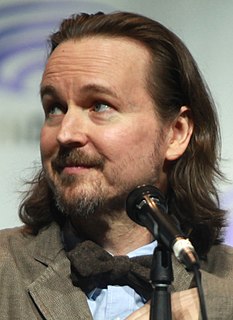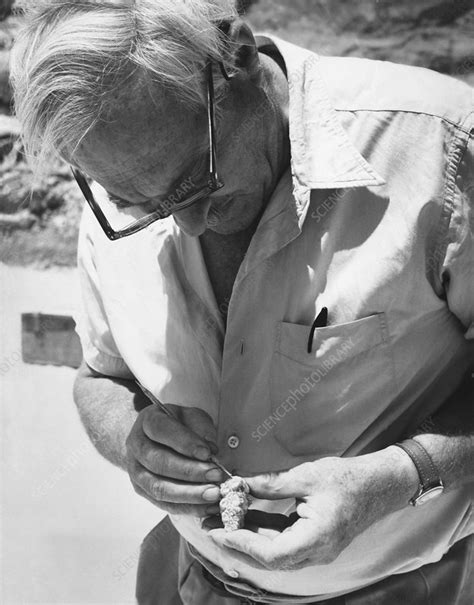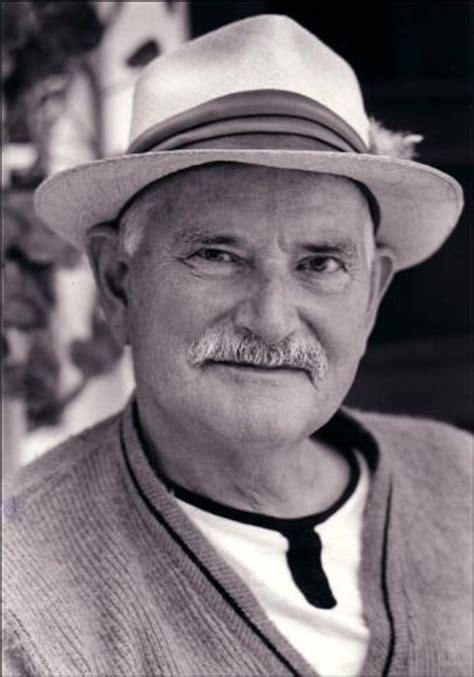A Quote by Lynn Margulis
Of course, the plea for respect for nonhuman life goes far beyond the scientific delight of familiarity with our planet mates. The nonhuman forms of life with which we 6,000 million talking, upright apes share this finite planet are directly or indirectly connected to our well-being.
Related Quotes
In our heart we know that life loves life. Yet we feast on some of the other life-forms with which we share our planet; we kill to live. Taste is what carries us across that rocky moral terrain, what makes the horror palatable, and the paradox we could not defend by reason melts into a jungle of sweet temptations.
What I thought was so great about Rise [of the Planet of the Apes ] was that it wasn't a retelling; it was an entering of the universe at a different point. So it's Planet of the Apes. We already know the ending. There's no mystery in that! It becomes Planet of the Apes. So it's not about what is at the end; it's about how did we get there? And that enabled something that was totally fresh, which was an ape-point-of-view movie.
The universe that we inhabit and our shared perception of it are the results of a common karma. Likewise, the places that we will experience in future rebirths will be the outcome of the karma that we share with the other beings living there. The actions of each of us, human or nonhuman, have contributed to the world in which we live. We all have a common responsibility for our world and are connected with everything in it.
If animals are no longer quite outside the moral sphere, they are still in a special section near the outer rim. Their interests are allowed to count only when they do not clash with human interests. If there is a clash - even a clash between a lifetime of suffering for a nonhuman animal and the gastronomic preference of a human being - the interests of the nonhuman are disregarded. The moral attitudes of the past are too deeply embedded in our thought and our practices to be upset by a mere change in our knowledge of ourselves and of other animals.
Our population and our use of the finite resources of planet Earth are growing exponentially, along with our technical ability to change the environment for good or ill. But our genetic code still carries the selfish and aggressive instincts that were of survival advantage in the past. It will be difficult enough to avoid disaster in the next hundred years, let alone the next thousand or million. Our only chance of long term survival, is not to remain inward looking on planet Earth, but to spread out into space.
We need visions of a future in which we have applied our infinite creativity to the task of living on a finite world, where we have embraced our role, become comfortable and proficient as planet-shapers, and learned to use our technological skills to enhance the survival prospects not just of humanity but of all life on Earth.
So far as we know, Earth is the only planet which supports life, and it is the only planet on which we can survive. Our bodies and our minds are fashioned by it. Our hearts resonate with it. There will be little joy for the human spirit if we destroy the natural fabric of Earth with nothing left to do but go shopping. When we imagine the world a century from now, when we look our great grandchildren in the eye and see them smiling back at us because they know we cared for them, we smile too!
So far as this argument is concerned nonhuman animals and infants and retarded humans are in the same category; and if we use this argument to justify experiments on nonhuman animals we have to ask ourselves whether we are also prepared to allow experiments on human infants and retarded adults; and if we make a distinction between animals and these humans, on what basis can we do it, other than a bare-faced - and morally indefensible - preference for members of our own species?


































